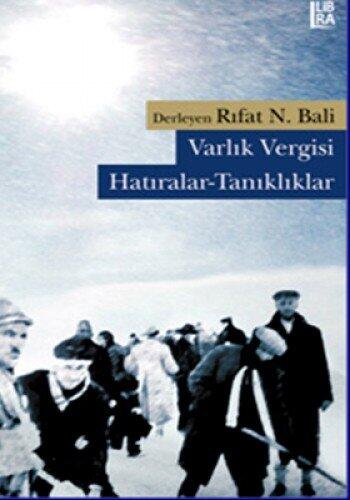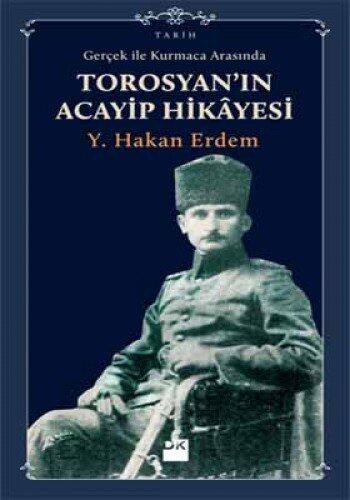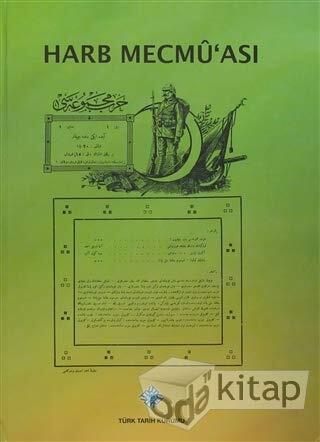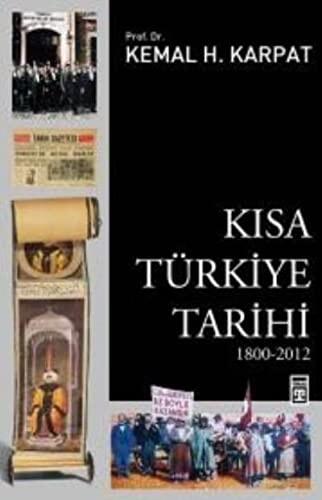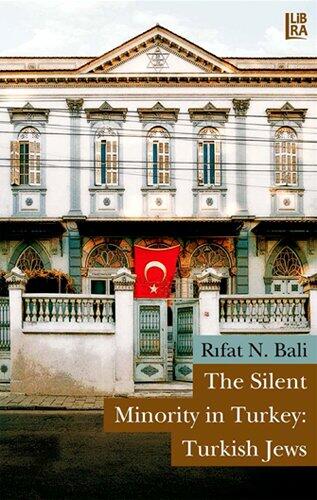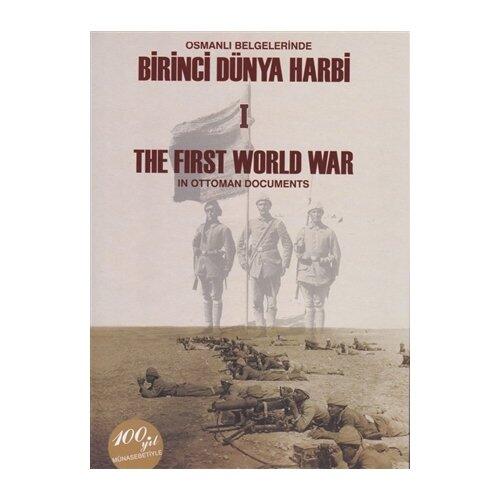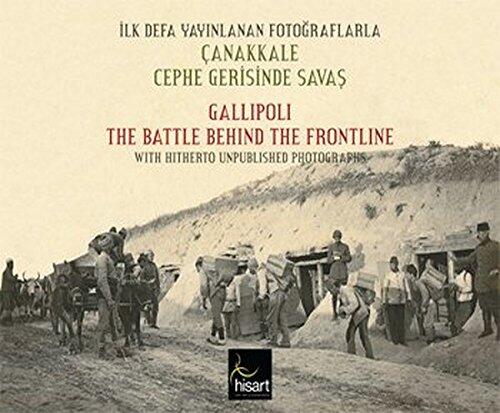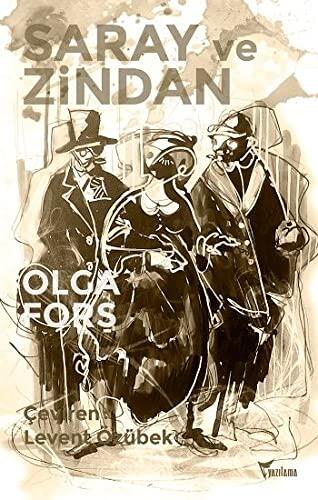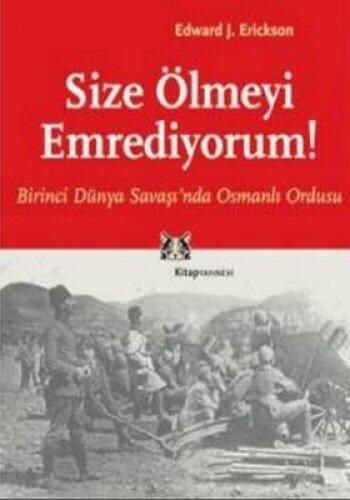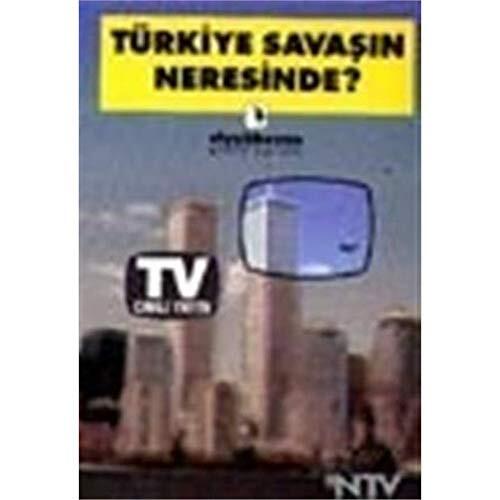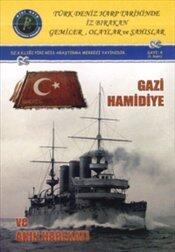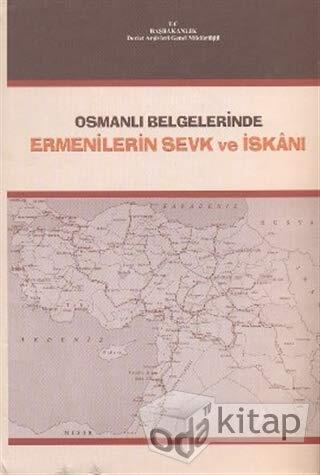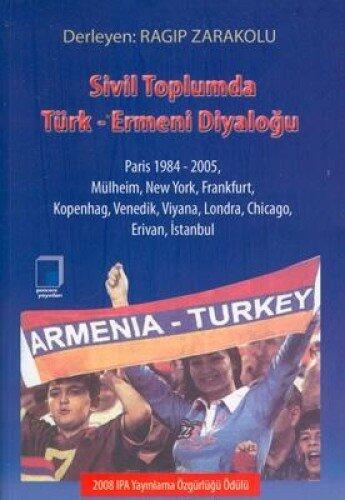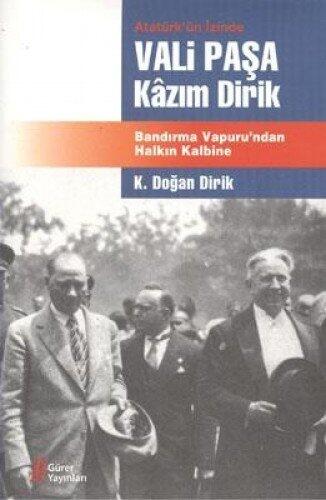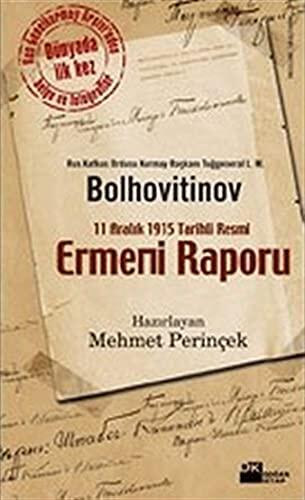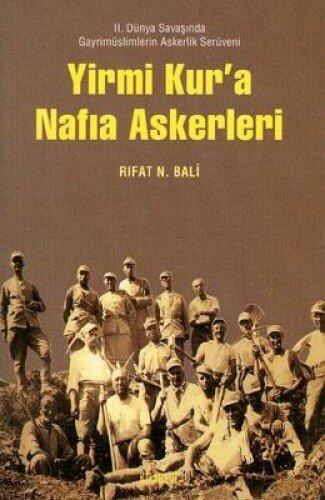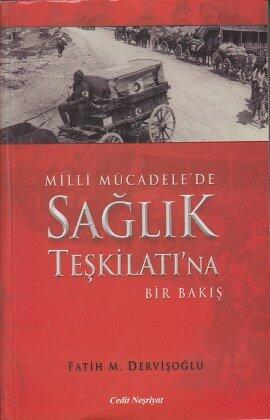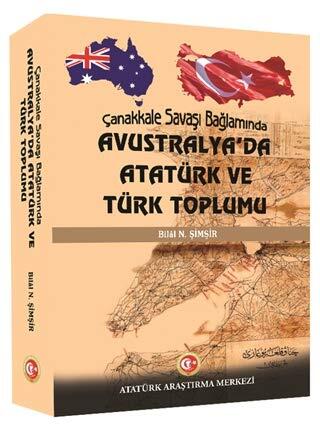
Çanakkale Savaşı Bağlamında Avustralya'da Atatürk ve Türk Toplumu
No ratings yet
Action & Adventure
History
Format
Paperback
Pages
604
Language
Turkish
Published
Jan 1, 2018
Publisher
Atatürk Araştırma Merkezi
Edition
1
ISBN-10
9751635039
ISBN-13
9789751635037
Description
In exploring the profound historical connection between Australia and Turkey, this work delves into the iconic Çanakkale War and its lasting impact on both nations. The narrative weaves together personal stories, cultural reflections, and the broader socio-political implications of the war, emphasizing the figure of Mustafa Kemal Atatürk and his influence on Turkish society.
The author, Bilâl N. Şimsir, meticulously examines how the events of this pivotal battle have shaped Australian perceptions of Turkey and vice versa, highlighting themes of bravery, sacrifice, and mutual respect. He articulates how Atatürk's vision and rhetoric not only rejuvenated a nation but also fostered a spirit of reconciliation and remembrance that transcends borders.
With extensive bibliographical references and an index, the text offers a comprehensive resource for scholars and history enthusiasts alike. Şimsir's thoughtful analysis provides a unique lens through which to understand the enduring legacies of conflict, promoting a dialogue that bridges cultural divides.
This exploration is not merely about veterans or battles; it is a tribute to the resilience of communities and the importance of understanding one another's histories in a globalized world.
The author, Bilâl N. Şimsir, meticulously examines how the events of this pivotal battle have shaped Australian perceptions of Turkey and vice versa, highlighting themes of bravery, sacrifice, and mutual respect. He articulates how Atatürk's vision and rhetoric not only rejuvenated a nation but also fostered a spirit of reconciliation and remembrance that transcends borders.
With extensive bibliographical references and an index, the text offers a comprehensive resource for scholars and history enthusiasts alike. Şimsir's thoughtful analysis provides a unique lens through which to understand the enduring legacies of conflict, promoting a dialogue that bridges cultural divides.
This exploration is not merely about veterans or battles; it is a tribute to the resilience of communities and the importance of understanding one another's histories in a globalized world.
Reviews
Reading Log
No reading logs found
Start tracking your reading progress to see logs here
Add Your First Reading LogNotes
Transaction Log
No transaction logs found
Start tracking your book transactions to see logs here
Add Your First Transaction Log